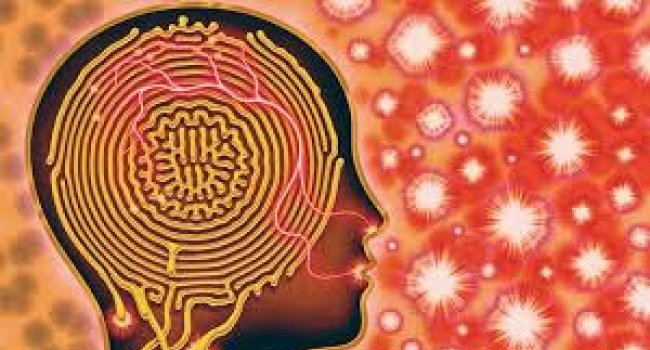The COVID-19 can have devastating effects on the brains of patients, The Independent reported referring to the scientists from Yale University.
According to Lenta.ru, scientists discovered an infection in the brain of a person who died from COVID-19. It was also found in the central nervous system of lab mice infected with COVID-19, and in organoids – three-dimensional cultures of neurons that mimic the brain.
Unlike other pathogens, such as the Zika virus, the COVID-19 can cause a silent infection that does not trigger an immune response that clears infected cells from the brain tissue. The coronavirus restricts access to oxygen for neurons, which leads to their death. It is also rapidly decreasing the number of synapses – connections between nerve cells – harming a person’s cognitive abilities.
Coronavirus enters brain cells via the ACE2 receptor, which is located on the surface of the cell membrane. This receptor is expressed primarily in lung cells, which explains why COVID-19 often infects the lungs and causes pneumonia. However, scientists have found that a small amount of ACE2 in the brain still allows the coronavirus to penetrate to nerve tissues and cause pathological changes.
According to scientists, it is not yet entirely clear how exactly the virus can enter the brain. It is believed that it can do this via the olfactory bulb, eyes, or even the bloodstream.


